You’re driven, with dreams that burn bright—maybe a corner office, a life of impact, or simply a sense of peace and purpose. But something’s holding you back, isn’t it? That sinking feeling when you’re stuck, despite your ambition, is the work of personal barriers—those inner obstacles that dim your spark and stall your progress.
Whether you’re a professional chasing a promotion, a student carving your path, or a parent balancing it all, these barriers hit hard, whispering doubts or derailing plans. Success isn’t one-size-fits-all—it’s whatever makes you feel alive, whether that’s career wins, stronger relationships, or personal growth.
The good news? You can overcome these hurdles with mental discipline for success, turning roadblocks into stepping stones.
This post dives deep into five common personal barriers, explains why they’re dangerous, and shares practical fixes to help you find purpose and thrive. Ready to break free and build the life you’re meant for? Let’s get started.
Understanding Personal Barriers
Personal barriers are internal obstacles—mindset traps, emotional hurdles, or behavioral patterns—that block your path to success. Unlike external barriers like financial constraints, these are within your control to manage through focused effort and discipline. They show up as fear, self-doubt, or procrastination, quietly sabotaging your goals. Recognizing them is the first step to overcoming them, and mental discipline for success is the key to dismantling these roadblocks.
Types of Personal Barriers
- Psychological Barriers: Fear of failure, self-doubt, or negative self-talk that erodes confidence.
- Behavioral Barriers: Procrastination, lack of discipline, or poor time management that delays progress.
- Emotional Barriers: Anxiety or stress that clouds focus and motivation.
- Cognitive Barriers: Limiting beliefs or unclear goals that create confusion.
How to Notice Personal Barriers
Spotting personal barriers requires self-awareness:
- Journal Your Thoughts: Write daily to catch patterns, like avoiding tasks or criticizing yourself.
- Seek Feedback: Ask trusted friends or colleagues if they notice habits holding you back.
- Track Progress: If you’re not moving toward goals, barriers like fear or procrastination may be at play.
Which Barriers Are Most Dangerous?
While all personal barriers can hinder success, some hit harder:
- Fear of Failure: Paralyzes action, preventing you from even trying.
- Negative Self-Talk: Erodes confidence, creating a cycle of self-doubt.
- Procrastination: Delays critical steps, leading to missed opportunities. These are particularly dangerous because they stop you before you start, undermining your drive and potential.
Defining Success for You
Success is deeply personal—what lights you up might not spark someone else. For you, it could be landing a dream job, building meaningful relationships, or feeling fulfilled in daily life. Awake Mindful emphasizes that defining success starts with clarity on your values and goals. Reflect on what matters most—career growth, family, impact, or inner peace—and let that shape your path. This subjective definition guides how you tackle personal barriers, ensuring your efforts align with what truly fulfills you.
1. Fear of Failure
Understanding the Barrier
Fear of failure is a psychological personal barrier that stops you from taking risks or pursuing goals. It’s that voice whispering, “What if I mess up?” or “What if I’m not good enough?” It shows up when you avoid applying for a job, hesitate to pitch an idea, or shy away from new challenges.
You might notice it as anxiety before a big decision, reluctance to step out of your comfort zone, or overthinking potential mistakes. This barrier is dangerous because it can paralyze you, keeping you stuck in a safe but unfulfilling routine, blocking growth and opportunities.
Mental Discipline Fix
To overcome fear of failure with mental discipline for success, reframe failure as a learning opportunity. Each morning, spend 5 minutes visualizing a small risk—like sharing an idea in a meeting—and imagine it going well. Take one tiny action daily, like sending an email you’ve been avoiding, to build confidence.
Journal about past “failures” and list what you learned, like improved skills or resilience. This disciplined approach shifts your mindset from fear to growth, helping you take bold steps toward success.
- Pro Tip: Write a daily affirmation, like “Every step teaches me something,” to counter fear.
- Try This: For one week, take one small risk daily and journal what you learn.
2. Lack of Self-Discipline
Understanding the Barrier
Lack of self-discipline is a behavioral personal barrier that makes it hard to stick to goals. It’s skipping workouts, missing deadlines, or giving in to distractions like social media. You might notice it when you struggle to follow a schedule, prioritize urgent tasks over important ones, or feel overwhelmed by commitments.
This barrier is dangerous because it leads to inconsistent effort, stalling progress and leaving you frustrated, as Marketing91 notes with poor time management’s impact on success.
Mental Discipline Fix
Build self-discipline by creating a simple daily routine. Start with one task, like 20 minutes of focused work, and use time-blocking to schedule it. Eliminate distractions by silencing notifications during work hours. Reward yourself after completing tasks, like a coffee break, to reinforce the habit.
Track progress with a checklist to stay accountable. This mental discipline for success ensures consistent effort, turning small actions into big wins.
- Pro Tip: Use a timer app like Focus@Will for 25-minute work blocks to stay on track.
- Try This: For one week, time-block one task daily and reward completion.
3. Negative Self-Talk
Understanding the Barrier
Negative self-talk is a psychological personal barrier where you criticize yourself with thoughts like “I’m not good enough” or “I’ll never succeed.” It shows up as self-doubt after a mistake, harsh judgment when comparing yourself to others, or avoiding challenges due to fear of inadequacy. Dr. Stan Hyman highlights self-doubt as a key growth blocker.
This barrier is dangerous because it creates a cycle of low confidence, reducing motivation and stopping you from pursuing goals.
Mental Discipline Fix
Challenge negative self-talk with mental discipline for success by identifying critical thoughts daily. Write them down, like “I’m bad at this,” and counter with evidence, like “I’ve improved with practice.” Replace them with affirmations, such as “I’m learning and growing.” Practice self-compassion by treating mistakes as lessons, not failures.
Keep a journal of achievements, like finishing a task, to reinforce positive self-perception. This disciplined approach rewires your mindset for confidence and progress.
- Pro Tip: Start each day with one affirmation to boost confidence.
- Try This: For one week, journal one negative thought daily and counter it with a positive one.
4. Procrastination
Understanding the Barrier
Procrastination is a behavioral personal barrier where you delay tasks, often due to fear, overwhelm, or lack of motivation. You might notice it when you put off a work project, avoid studying, or prioritize distractions like scrolling online. Success Learned notes procrastination as a key growth obstacle.
It’s dangerous because it leads to missed deadlines, rushed work, and lost opportunities, undermining your credibility and progress.
Mental Discipline Fix
Beat procrastination with the two-minute rule: start any task for just two minutes, like drafting an email’s first sentence. Break larger tasks into small steps, like “outline report” instead of “write report.” Set specific deadlines for each step and use a timer to stay focused. Create a distraction-free environment by clearing your desk.
This disciplined approach builds momentum, helping you overcome delays and move toward success.
- Pro Tip: Keep a “two-minute task list” for quick wins to start your day.
- Try This: For one week, apply the two-minute rule to one task daily and track progress.
5. Unclear Goals
Understanding the Barrier
Unclear goals are a cognitive personal barrier that leave you directionless, unsure of what to aim for. You might notice it as indecision, lack of progress, or feeling stuck despite effort. Awake Mindful emphasizes unclear goals as a major success blocker.
This barrier is dangerous because it wastes time and energy, leading to frustration and a lack of fulfillment, as you drift without a clear path.
Mental Discipline Fix
Set SMART goals—Specific, Measurable, Achievable, Relevant, Time-bound—to find purpose with clarity. Write one goal daily, like “complete one course module by Friday.” Break it into milestones, like “read one chapter today.” Review goals weekly to stay aligned with your values, like growth or impact.
Visualize achieving your goal to stay motivated. This mental discipline for success ensures a clear roadmap, guiding you toward meaningful success.
- Pro Tip: Use a goal-tracking app like Todoist to monitor milestones.
- Try This: For one week, set one SMART goal daily and review progress weekly.
Conclusion
You’re not defined by the personal barriers holding you back—you’re a force ready to break through with mental discipline for success. Fear, lack of discipline, negative self-talk, procrastination, and unclear goals can dim your path, but these five fixes—reframing failure, building routines, challenging thoughts, starting small, and setting clear goals—equip you to find purpose and thrive.
Start today: journal one fear and counter it with an affirmation. Your success, whatever it means to you, is within reach.
FAQs: Your Questions About Overcoming Personal Barriers
Personal barriers like fear of failure, negative self-talk, or procrastination block your path to success by undermining confidence and progress. Recognizing them through journaling or feedback helps you address them. Using mental discipline for success, you can build habits like affirmations or time-blocking to overcome these obstacles and achieve your goals.
Personal barriers such as unclear goals or procrastination can stall career progress by causing missed opportunities or poor performance. For example, fear of failure might stop you from pitching ideas. Overcome them with mental discipline for success through routines like setting SMART goals or breaking tasks into small steps to boost productivity.
Mental discipline for success helps overcome personal barriers by fostering consistent habits like journaling to challenge negative self-talk or time-blocking to beat procrastination. These practices build focus and resilience, ensuring you stay on track toward your goals, whether in career, relationships, or personal growth.
Fear of failure and negative self-talk are among the most dangerous personal barriers, as they paralyze action and erode confidence. Procrastination also significantly delays progress. Using mental discipline for success, like reframing failures or setting small goals, helps you tackle these barriers and move forward.
Defining success starts with reflecting on your values, like career growth or relationships. Personal barriers like unclear goals can block progress, but setting SMART goals and using mental discipline for success to stay focused helps you align efforts with what matters, overcoming obstacles effectively.
Join the Mental Discipline for Success community


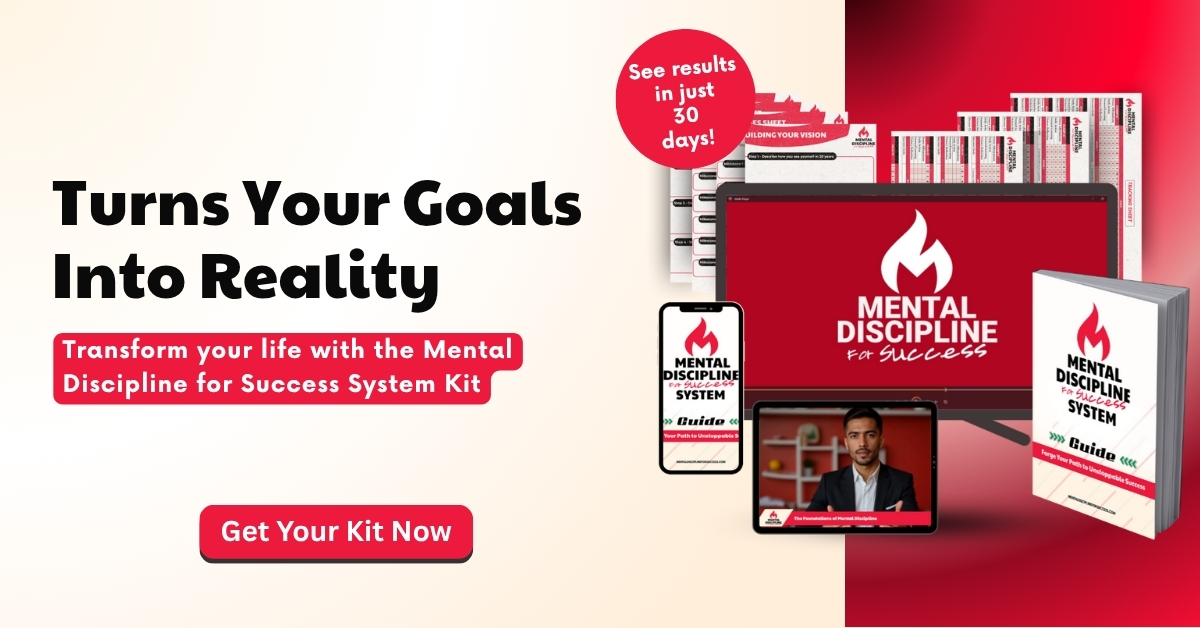
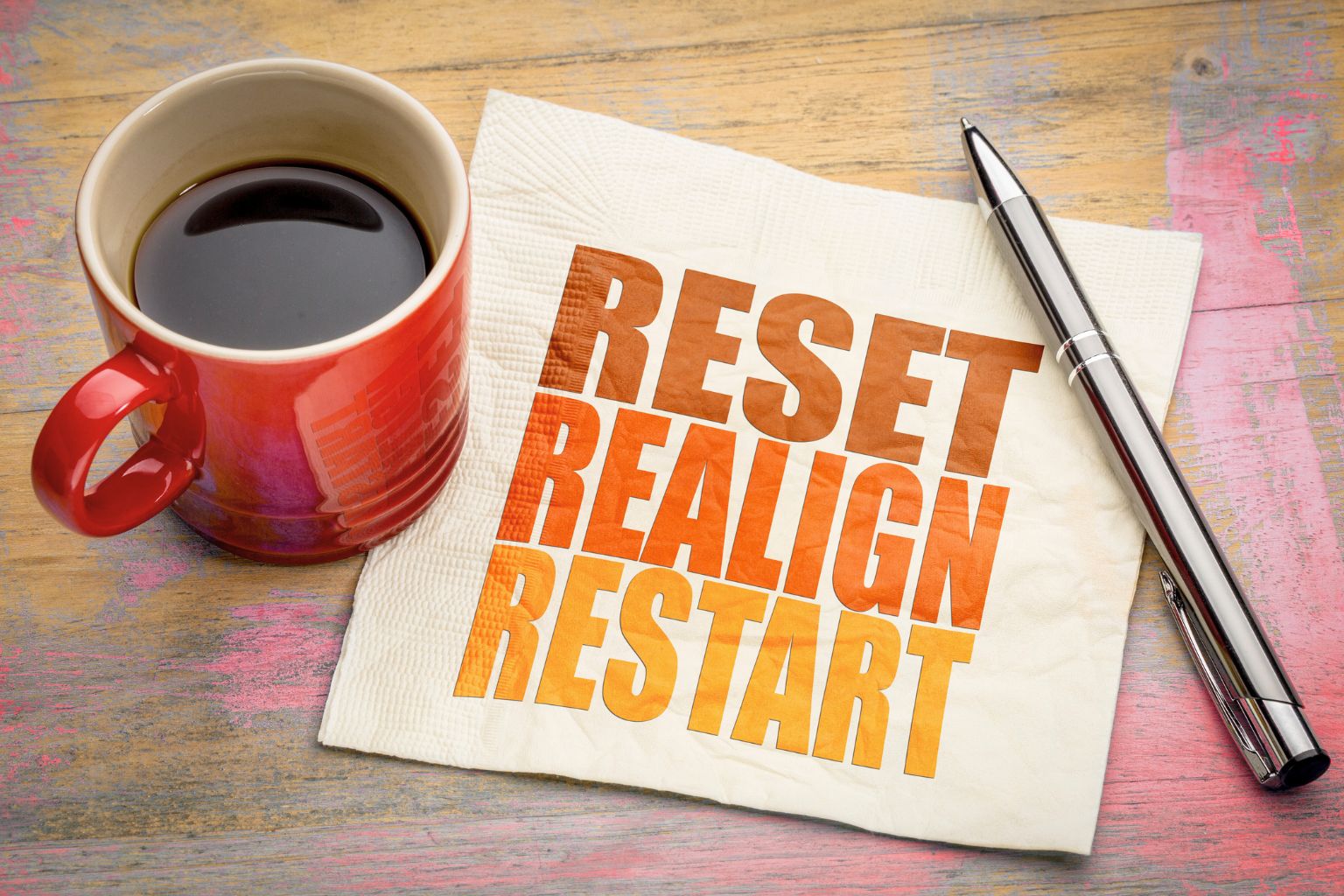

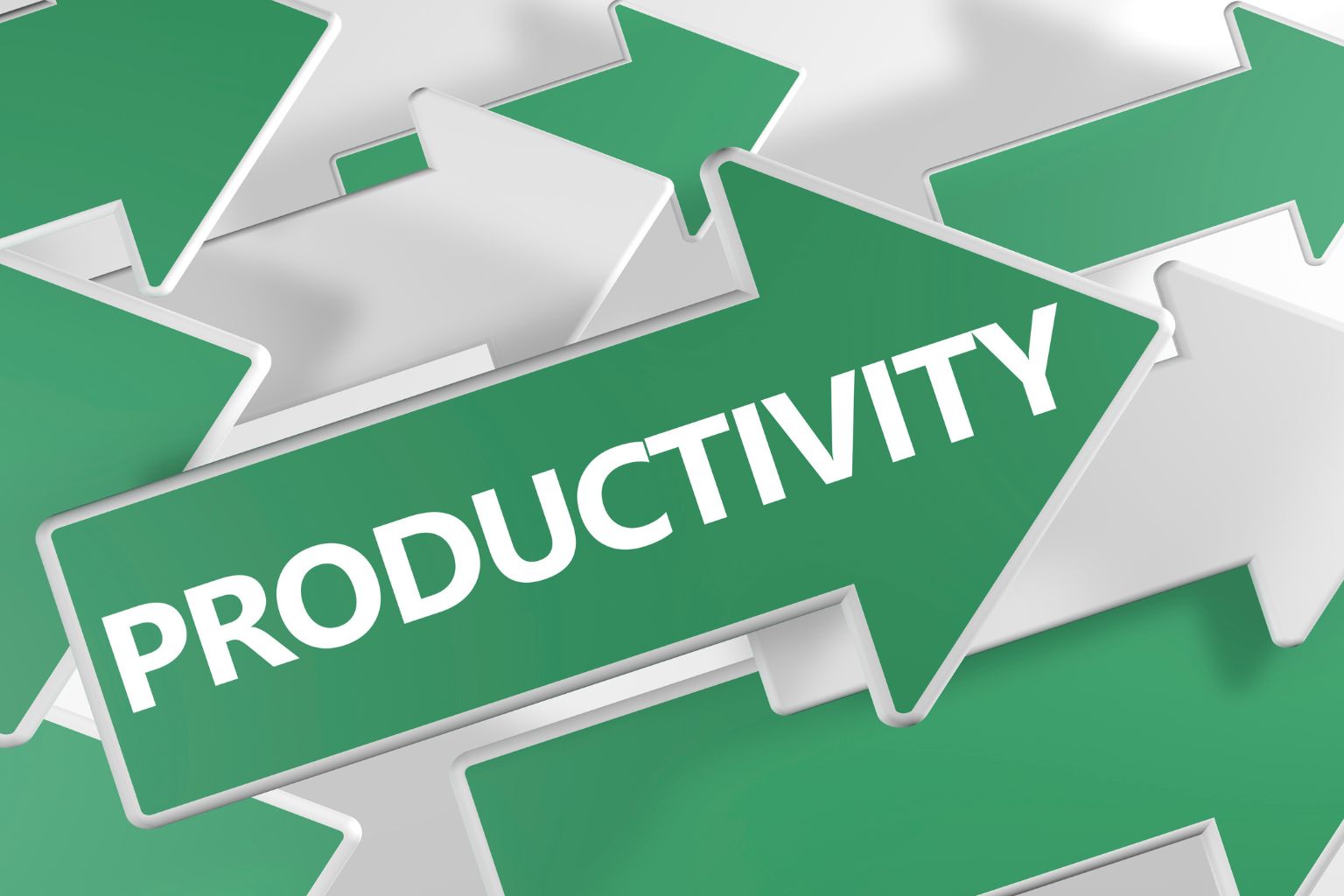


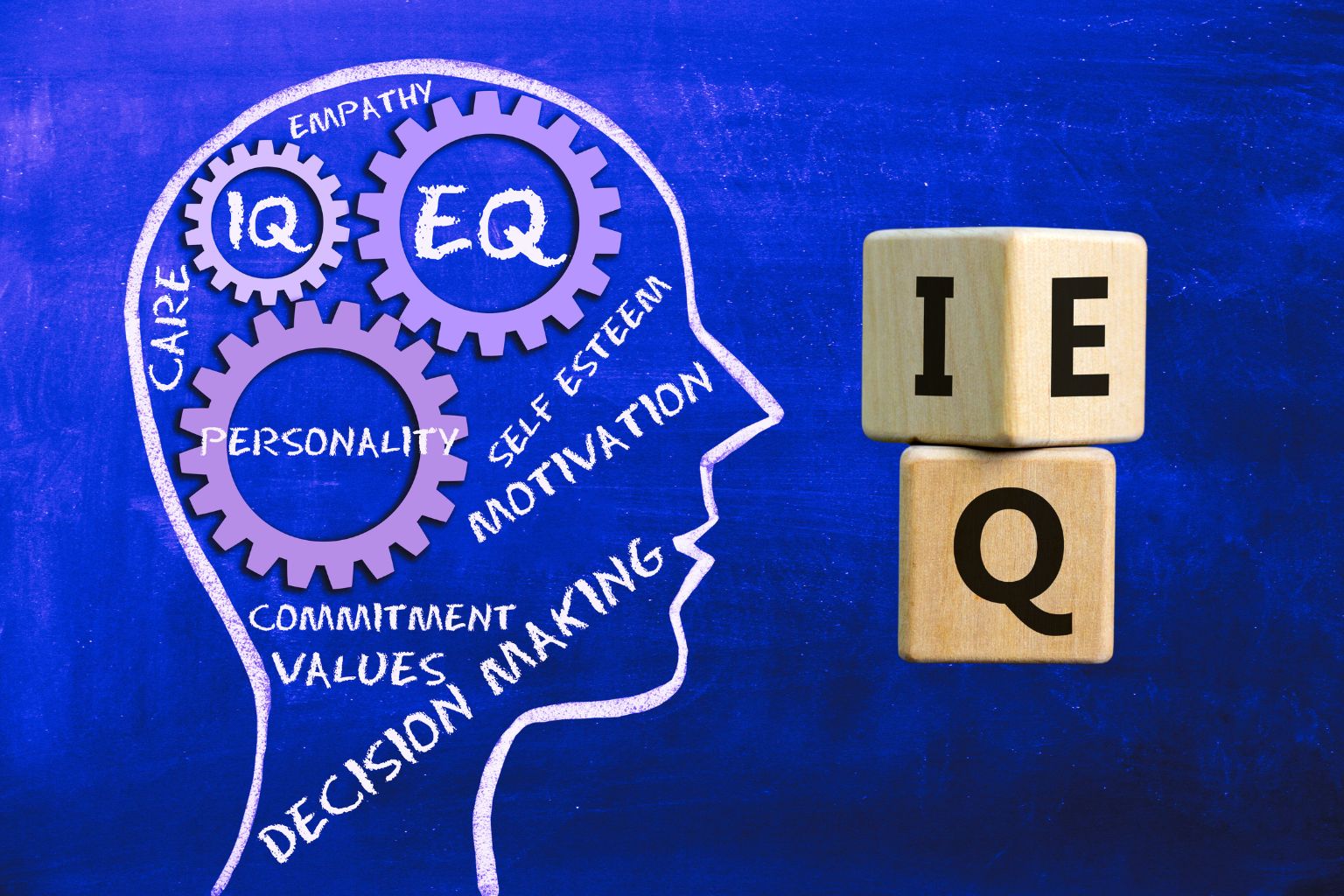

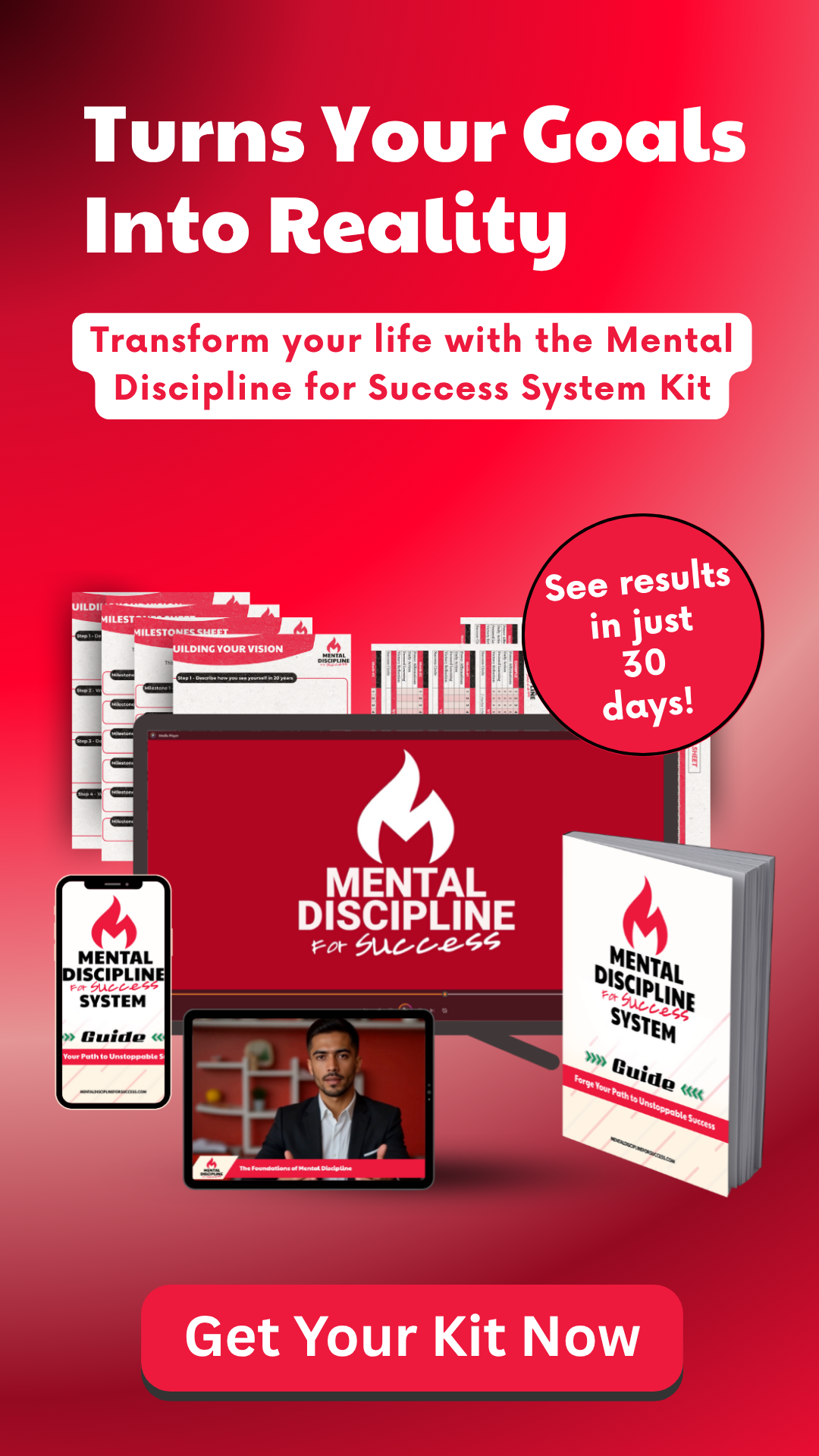
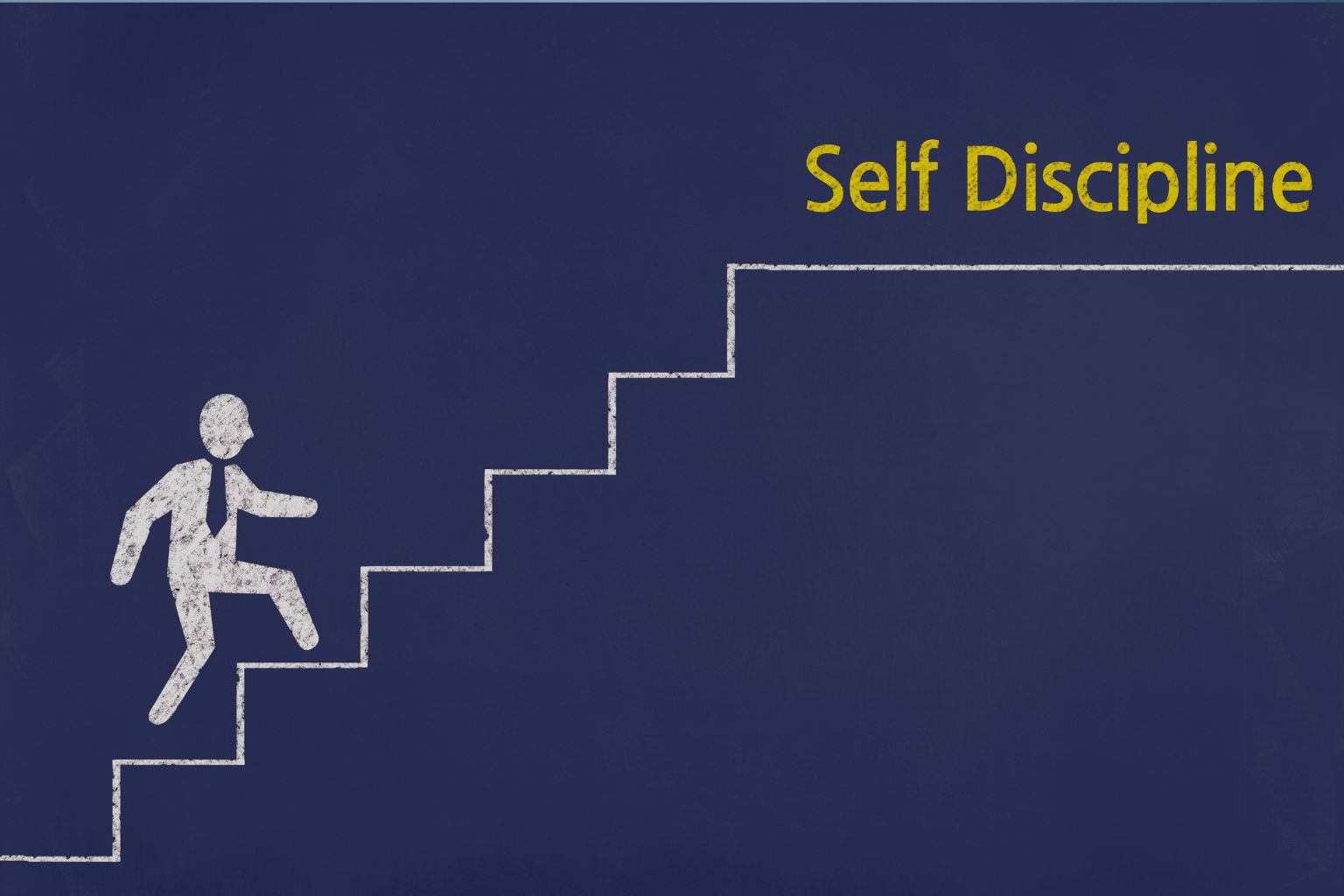



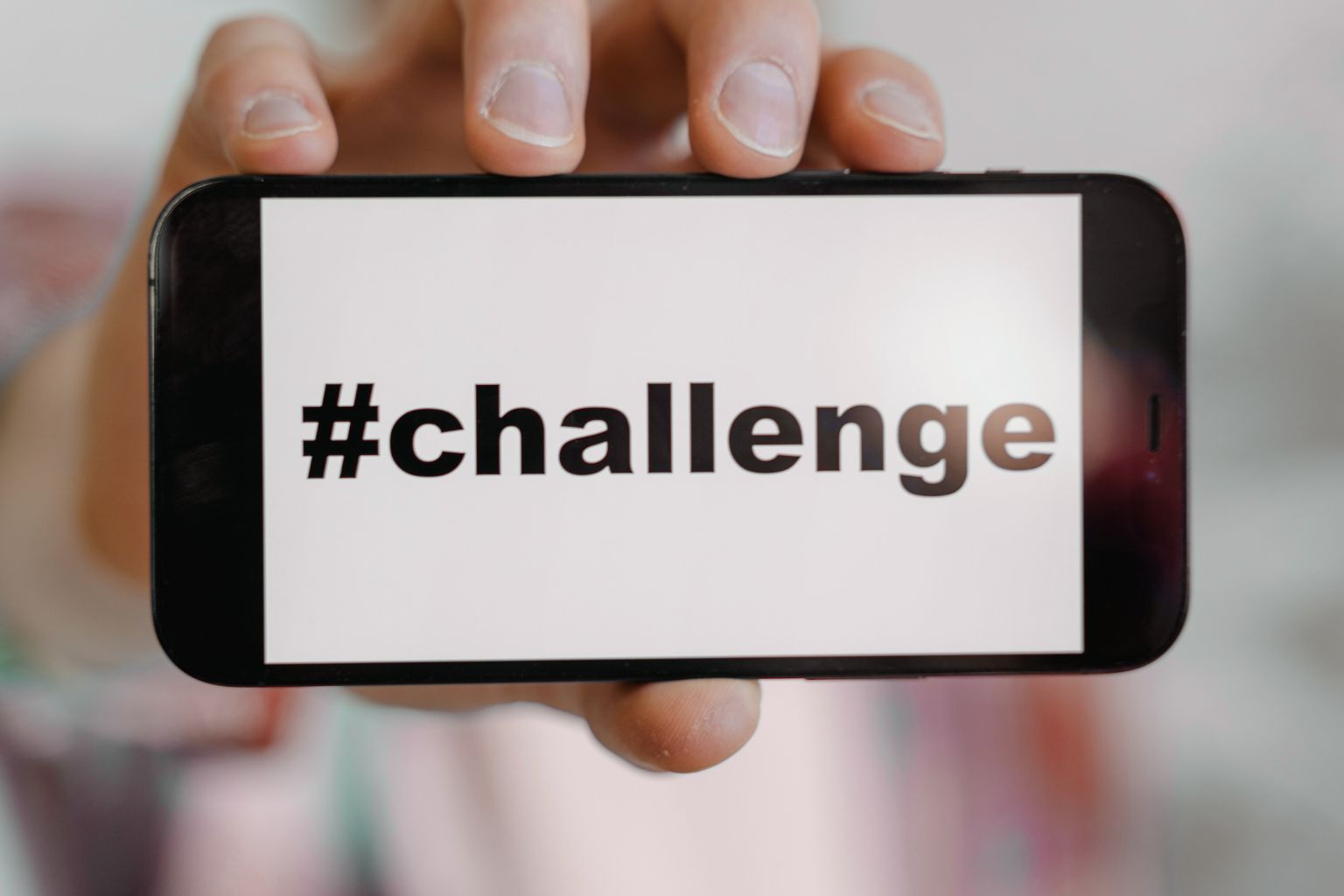
Share it!